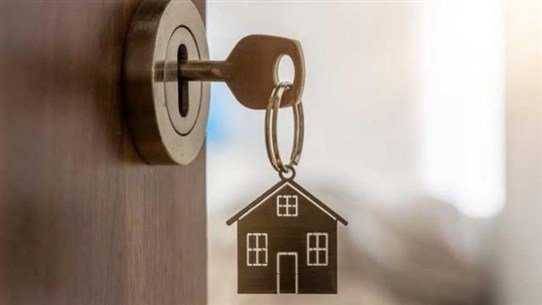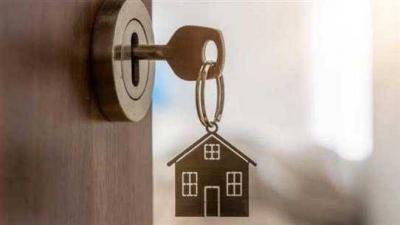A new date has been set by the Housing Bank to launch housing loans, following previous delays in the project's announcements. The application process for housing loans will begin on the first of June, which is approximately two weeks from now, and the study of applications and determining the eligibility of those seeking the loan will commence immediately afterward, according to "Al-Mudun."
For nearly five years, housing loan projects from banks and the Public Housing Institution and Housing Bank have been stalled. Securing housing has become one of the greatest livelihood challenges for young Lebanese. The crisis of halted housing lending has impacted all operational sectors linked to the real estate sector.
Today, as discussions about housing loans resume, expectations among Lebanese wanting to own homes have risen. However, questions remain about the seriousness of the proposed housing loans, alongside many inquiries stemming from a loss of trust in the transparency and seriousness of institutions, particularly banking ones. How serious is the talk about the upcoming loan application date? Are there infeasible conditions awaiting prospective owners? What is the expected volume of lending operations? And could this provide a breakthrough in the housing crisis?
### Loan Seriousness and Conditions
After the new housing lending project from the Housing Bank faced multiple delays for various reasons, often tied to the accompanying official procedures for the Arab loan, the Chairman and General Manager of the bank, Antoine Habib, confirmed that the application process will begin at the start of June through the bank's website.
It is worth noting that the Arab loan amounting to 50 million Kuwaiti Dinars (approximately 165 million dollars) was signed in 2019 but faced numerous obstacles and only materialized this year. It is set to take effect next June, with all accompanying administrative procedures having been completed by the Housing Bank.
The Housing Bank requires that individuals (whether a single person or a couple) seeking a housing loan have monthly incomes ranging between 1,000 and 2,500 dollars, and the borrower must not have previously benefited from any housing loan nor own a house anywhere in Lebanon. Preference for housing loans is given to homes in peripheral areas, meaning outside of the capital and major cities.
The value of the housing loan is 40,000 dollars for those with limited incomes and 50,000 for those with medium incomes. The repayment period for the loan ranges from a minimum of 7 years to a maximum of 20 years, with repayments made in the currency of the loan, either in Lira or dollars. The monthly installment for the borrower is set at about a third of their monthly income, ranging from 400 to 700 dollars.
The Housing Bank also targets those wishing to buy a house, but it extends to those looking to renovate a home, build a house, or install solar energy systems. In these cases, the repayment periods differ based on the type of loan. The duration for the home renovation loan is 10 years, while the construction loan extends for 18 years, with similar borrowing conditions for the purchase, renovation, and construction. The value of the solar energy loan is 5,000 dollars, with a repayment period of 5 years. The interest rate on various loans from the Housing Bank stands at 6 percent.
### Volume of Borrowers
Considering the value of the Arab loan (165 million dollars) designated by the Housing Bank for housing lending, it is relatively small compared to the high demand in Lebanon after years of disruption in the housing lending sector. While Habib estimates that the loans will cover around 6,000 housing units across Lebanon, another source at the Housing Bank believes that the loans may not cover more than 3,500 citizens wishing to own a home.
It is noted that the Housing Bank has agreed to grant loans for the renovation of homes for people with disabilities and has committed to seriously explore providing loans to employers with disabilities to enhance their workplaces. At the same time, it is studying the possibility of supporting the improvement of workplaces for employees with disabilities in the private sector, facilitating their employment.
Thus, discussing the significant positive impacts that housing lending from the Housing Bank could have on the real estate sector may seem exaggerated. Reviving activities in the vital sectors linked to real estate requires genuine movement in lending and investment from various parties, primarily banks. However, there remains hope that the Housing Bank will create opportunities for the most needy citizens to find housing during a time of social, political, and security instability, according to "Al-Mudun."




